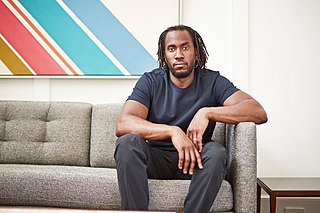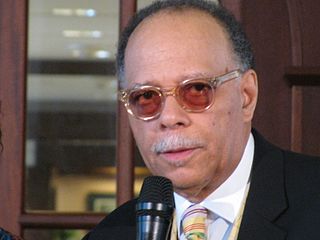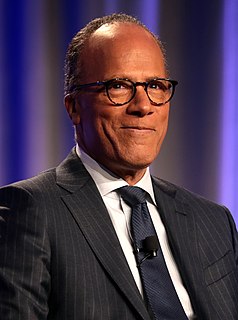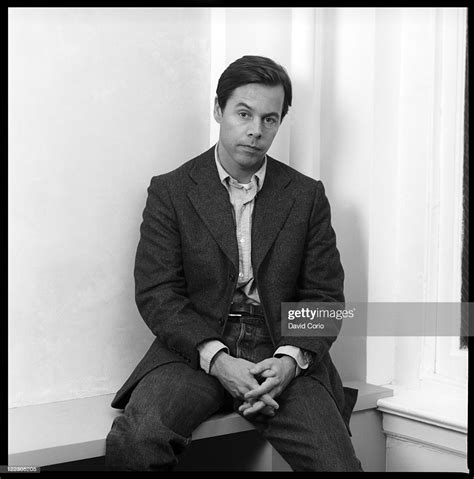A Quote by Henry Louis Gates
It's very lonely being a prominent black intellectual at an institution where you're the only prominent black intellectual. That was the model that was followed in the late 60s when black studies started. You'd get one here and one there and one here, like Johnny Appleseed.
Related Quotes
Phillip Roth uses his Black women characters to make anti intellectual remarks about Black history month, begun by a man who reached intellectual heights that Roth will never attain. Roth is a petty bigot and his ignorant remarks about black culture expose him as a buffoon to scholars the world over.
I felt like it was a courageous show [Black-ish] from the beginning. We are a black family - we're not a family that happens to be black. But the show is not even about us being black. The show is about us being a family. That is groundbreaking - on TV, the black characters either happen to be black or they're the "black character," where everything they say is about being black. I think that's the genius.
Light-skinned black people are seen to be closer to white people. The allegiance to lighter-skinned people has operated in a very destructive way that we have internalized ourselves inside black communities. You look at many of the prominent black people in this society who have been able to do well. Many have been lighter-skinned.
I, however, like black. It is a color that makes me comfortable and the color with which I have the most experience. In the darkest darkness, all is black. In the deepest hole, all is black. In the terror of my Addicted mind, all is black. In the empty periods of my lost memory, all is black. I like black, goddammit, and I am going to give it its due.
Black is confusing. Where does the line start and stop with what is black and what isn't black? People that are mixed-race, or, imagine being from Sri Lanka or Bangladesh, people might say you're black but your features are so non-black, like you've got straight hair, you've got like a sharper nose, or such.
I really bristle when I get called to events and people introduce me as one of the top black anchors in the country. You know, that's very insulting. I'm striving to be one of the best anchors in the country. Handcuff me like that. What you're saying is, 'You're black. You should only expect to rise to the level of the best at being black.'



































